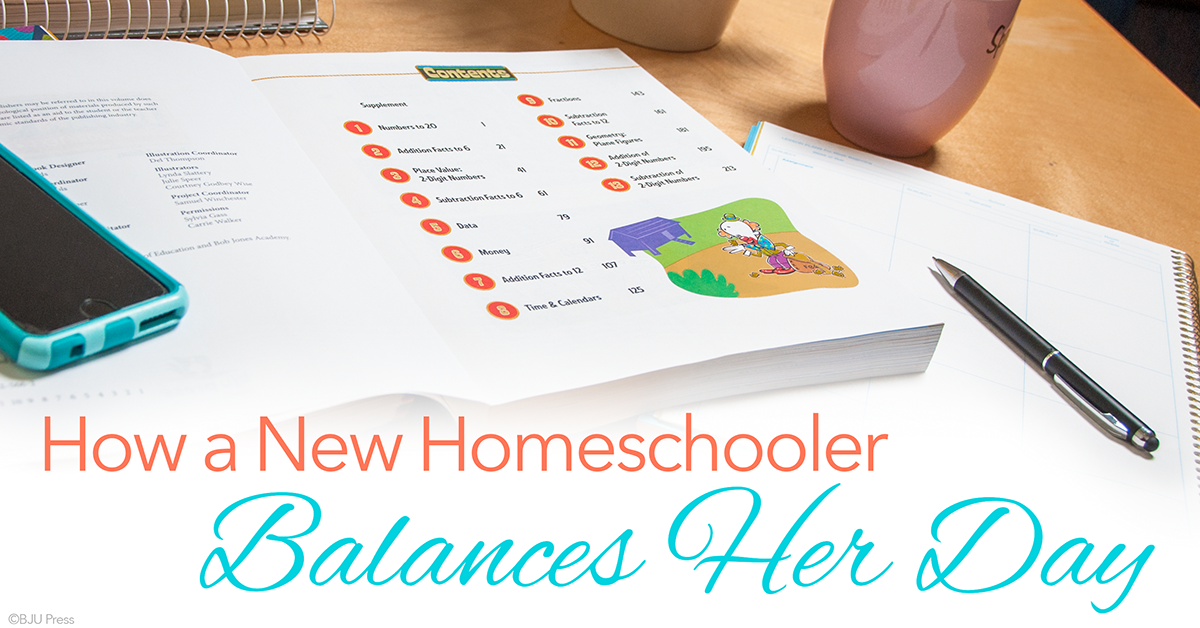How do you prepare for the new year? Whether you celebrate the first day of the year with a party or treat it like any other day, now is a good time to think about the challenges (and blessings) of the past year and to set goals for the brand-new year.
But we can’t make assumptions about changing for the better without some prior preparation (Proverbs 21:31). Make the choice now to grow. A large part of growing is making an evaluation and setting a goal to change. God delights when we actively pursue changes that develop Christlikeness because it honors Him and reflects His grace to others. Take inspiration from the following practical ways to grow in the year ahead.

Grow as a Mother
Bring on the New Year’s Resolutions! Find a tip for making each of your goals attainable.
5 New Year’s Resolutions Moms Will Want to Keep can deepen the relationship between you and your spouse as well as with your children. Which one will you focus on?
Grow as a Teacher
10 Tips for Your Homeschool Year offers ideas for refocusing after the holiday season. Choose one of these tips to apply to your homeschooling.
How Do You Plan Your Homeschool Year? Sometimes schedule changes take place in the middle of a school year. Be inspired with these resources.
Grow as a Homemaker
Use meal planning ideas from $5 Dinners on Pinterest! There are tons of yummy recipes to choose from, including meals for those in your family who have dietary restrictions and food allergies.
Household Management Forms can help guide you on the path from chaos to order. Download these printables that include cleaning lists, daily chore charts, and meal planning worksheets to get started.
How to Embrace (and Love) a Cleaning Routine keeps things simple by setting aside different days of the week for specific tasks. Learn how to develop a cleaning routine that works for you and your family!
Whatever goals the Lord lays on your heart for this new year, create your plan for growth so that it is laid out one simple step after another. Then share your plan as well as your goals with someone else. This action might be the hardest of all, but we all need motivation and encouragement along the way in this journey. Here’s to a blessed year of seeing God’s grace and strength at work in you!



